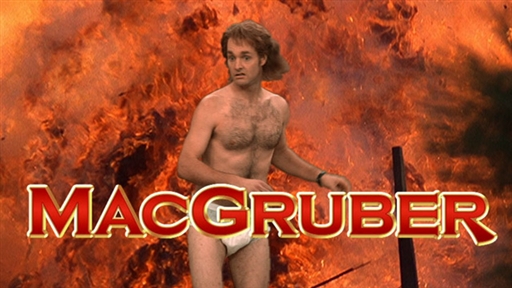
I don't watch music videos. I haven't watched a music video in a very long time.
Not that I hate them, I'm just not exposed to them enough.
It wasn't until a couple of days ago that someone told me about one video that I "had to see, right this instance". It's a video that I will be sharing with you today.
This video is confusing. It's weird. It's crazy. It's unorthodox. And it probably shouldn't be seen by human eyes.
It's Lady Gaga's "Telephone".
This video is pretty old. Like I said, I don't catch music videos often, but I just caught this one recently. And wish I didn't. But in a way, I'm really glad I did.
So what does this have to do with screenwriting you ask? Believe it or not, It has to deal with the most important aspect of screenwriting:
Structure.
When it comes to structure, this video is a disaster. Now normally that wouldn't matter. Music videos can be a mini-movie, but that doesn't mean that they HAVE to be.
"Telephone" is different. You can tell from the beginning that this is supposed to be a story. And what follows is a mish mash of random images and random events. Not a story.
But the real reason I offer this video to you today is to hopefully pull off the blinders that some screenwriters wear. The screenwriters who believe that structure means nothing and that formulas are for hacks.
If you can make your story work without structure then fine, I bow down to you. But most of the time, with out a structure, you end up with this.
In fact, 4 out 10 screenplays that are handed to me, look more like this video then anything else. Random fights, random sex and random action with no sense of any kind of connective tissue.
When an exec or reader gets their hands on script that looks like this, it's game over.
You'll notice in this video that Lady Gaga has a "written by" credit. Don't write like this. Please. I see it enough everyday.
When you watch this video, keep the word structure in the back of your mind.
If there was every proof of how important structure is, it's this:
I would love to hear any comments that you have.








